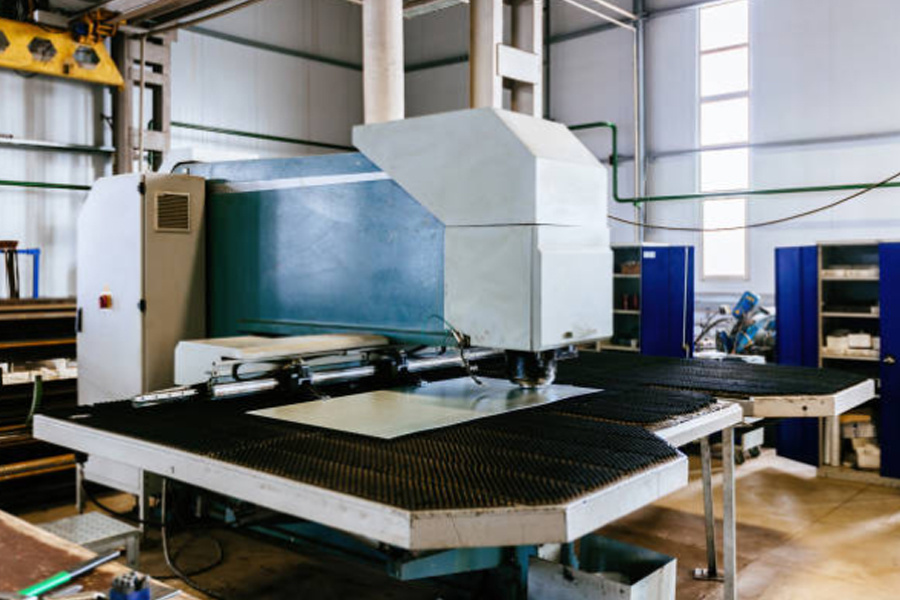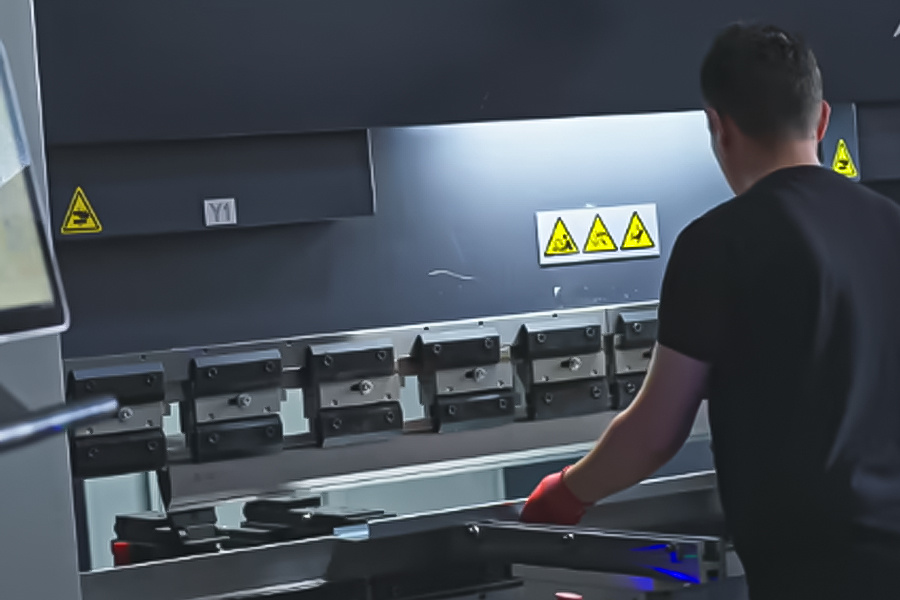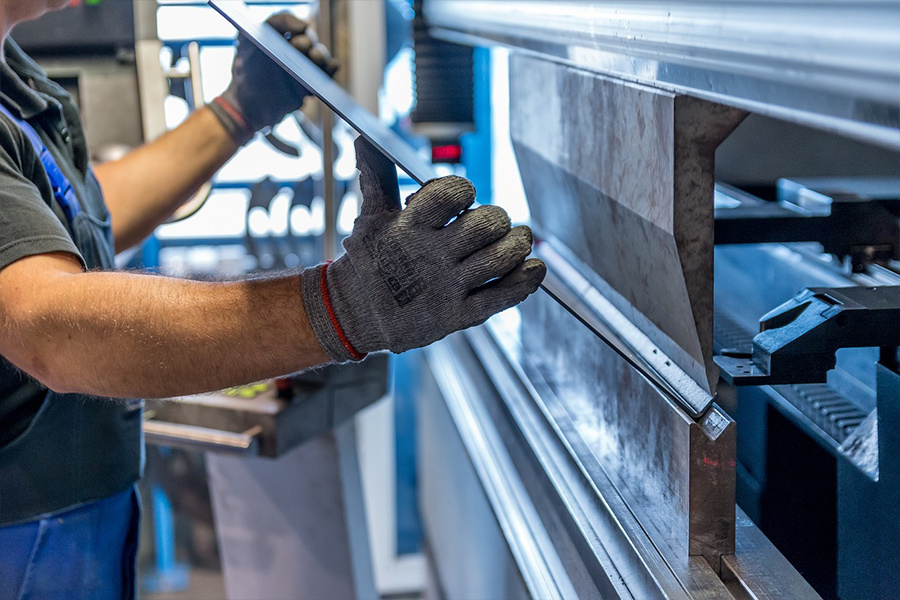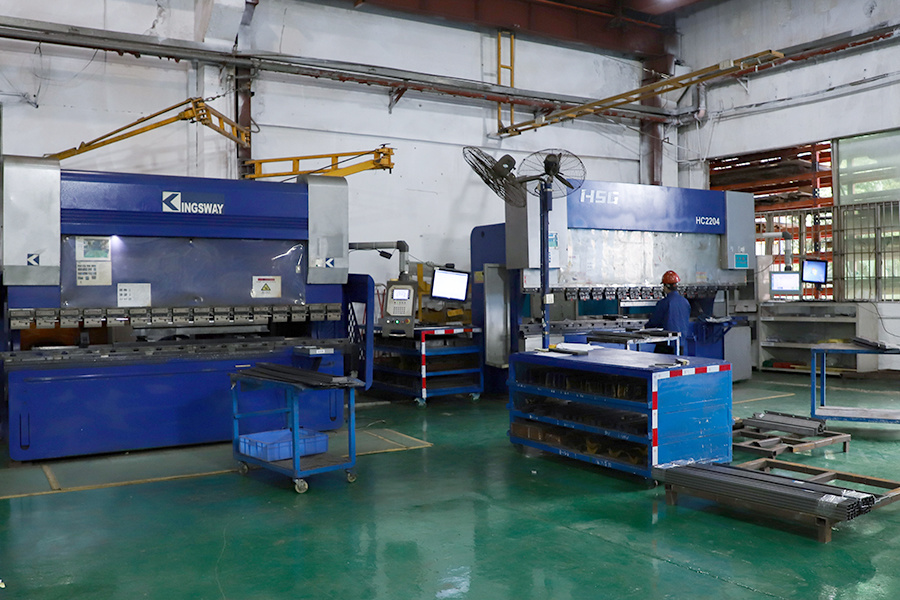Full analysis of qualifications and requirements for sheet metal processing centers
Release time:
2025-05-27
Sheet metal processing centers must have basic certifications such as business licenses issued by industrial and commercial departments, ISO 9001 quality management system certification, and industry-specific certifications to ensure the stable supply of qualified products. The configuration of processing equipment must comply with industry standards, and automated equipment must be introduced to meet the processing needs of high-precision and complex structural parts.
Industry access and basic qualifications
Business license and operating license are the basis for legal operation. Business licenses issued by the industrial and commercial departments are required, and the business scope clearly includes "sheet metal processing" and "metal product manufacturing" and other related projects. For enterprises involved in special equipment processing (such as pressure vessel components), special equipment manufacturing licenses must also be obtained to ensure compliance with the "Special Equipment Safety Law" and other regulations.
● ISO quality management system certification: ISO 9001 quality management system is the basic certification for sheet metal processing centers, proving that the company has the ability to stably provide qualified products, especially when participating in government procurement and large-scale enterprise bidding. It is a necessary condition;
● Industry-specific certification: Processing centers serving the automotive, medical and other fields need to pass additional certifications such as IATF 16949 (automotive industry quality management system) and ISO 13485 (medical device quality management system) to meet the special quality requirements of downstream industries.
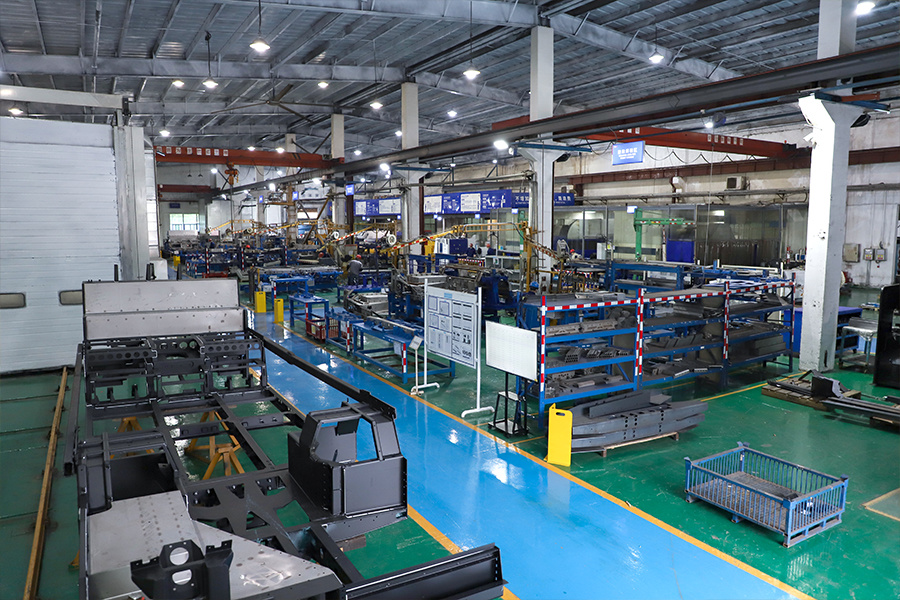
Technical capabilities and equipment and facility requirements
1. Processing equipment configuration standards
● Basic equipment integrity: Core equipment such as CNC shearing machines, bending machines, laser cutting machines, and punching machines must be equipped, and the equipment accuracy must meet industry standards (such as bending machine angle error ≤±0.5°, laser cutting machine positioning accuracy ≤±0.1mm);
● Intelligent equipment requirements: Machining centers with a certain scale need to introduce automated equipment such as CNC machining centers and robot welding units to meet the processing needs of high-precision and complex structural parts, reflecting the technological advancement of the enterprise.
2. Process capability certification
● Welding process qualification (WPS): Processing centers involved in welding processes must pass welding process qualification to prove their ability to weld different materials such as stainless steel and aluminum alloy, and ensure that the quality of welds meets national standards such as GB/T 19866;
● Surface treatment qualification: If surface treatment services such as spraying and electroplating are provided, a pollutant discharge permit issued by the environmental protection department must be obtained, and relevant process certification (such as ROHS certification to ensure that the limit of harmful substances meets international standards) must be passed.
Quality management and process control
Quality system documents require the establishment of a complete quality manual, procedure documents and operating instructions, and clarify the processes and standards of incoming material inspection (IQC), process inspection (IPQC), and finished product inspection (FQC). For example, the material report (such as the chemical composition test report of stainless steel 304) must be verified when raw materials enter the factory, and the process parameters (such as pressure, temperature, and speed) must be recorded for key processes (such as bending and welding).
Testing capability requirements
● Basic testing equipment: Equipped with conventional measuring tools such as vernier calipers, micrometers, angle rulers, and professional equipment such as roughness testers and hardness testers to ensure that indicators such as dimensional accuracy and surface quality are controllable;
● High-precision testing capabilities: Processing centers serving precision instruments and aviation components need to be equipped with high-end testing equipment such as coordinate measuring machines (CMMs) and laser interferometers to achieve three-dimensional dimensional detection with micron-level accuracy (≤0.01mm).
Personnel qualifications and management requirements
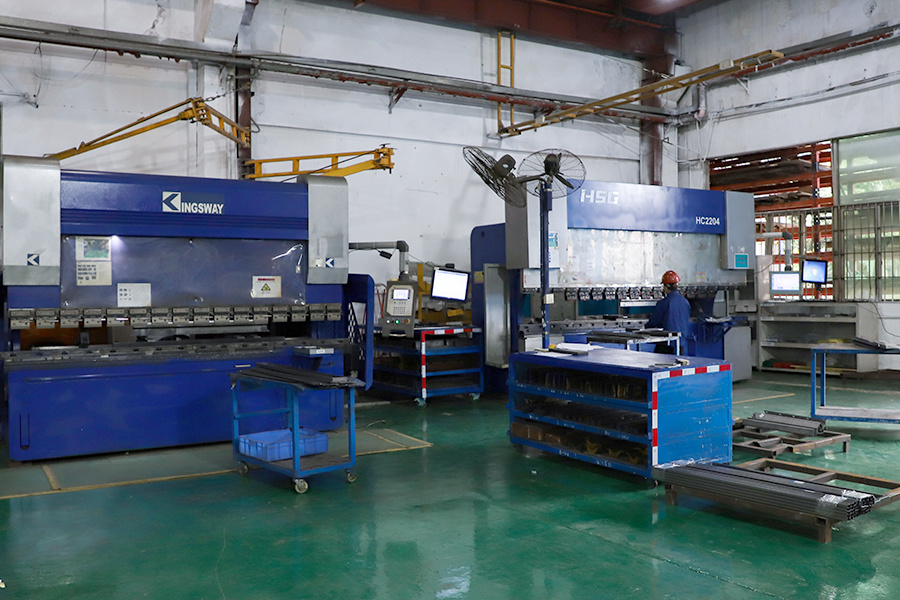
Key position skills certification
● Welder qualification certificate: Welding operators must hold a nationally recognized welder certificate (such as a special equipment welding operator certificate) and undergo practical assessments in accordance with the requirements of the welding process qualification (PQR);
● CNC operator certificate: CNC equipment operators must pass professional skills appraisals, have programming, equipment debugging and troubleshooting capabilities, and ensure the correct execution of CNC programs (such as the standardized use of G codes and M codes).
The training and management system needs to establish employee training files, conduct regular training on safe operation, process standards, quality management, etc. (such as no less than 40 hours per year), and especially conduct special training on new equipment and new processes (such as five-axis machining centers, new laser cutting technologies) to ensure that personnel skills match equipment capabilities.
Environmental protection and safety compliance requirements
1. Environmental protection qualification essential items
● Environmental impact assessment approval and acceptance: The machining center must pass the environmental impact assessment (EIA) and obtain the environmental acceptance certificate. The treatment of cutting fluid, waste gas, and noise must comply with the "Environmental Noise Emission Standards for Industrial Enterprises" (GB 12348) and other regulations;
● Hazardous waste treatment qualifications: Hazardous wastes such as waste cutting fluids and waste oils must be entrusted to qualified treatment institutions for disposal, and a hazardous waste management ledger must be established to ensure compliance with transfer (such as the implementation of the "Hazardous Waste Transfer Joint Form Management Measures").
2. Safety production requirements
● Safety facility configuration: equipped with fire-fighting equipment and protective equipment that meet the standards (such as light shielding protection devices for laser cutting machines), and passed the safety production standardization certification (such as enterprises that meet the standards at level 3 or above);
● Occupational health management: equip employees with necessary labor protection supplies (such as welding masks and anti-smashing shoes), conduct regular occupational health examinations (such as once a year), and establish occupational disease prevention and control files.
The qualifications and requirements of sheet metal processing centers are essentially a comprehensive reflection of the company's technical capabilities, management level and compliance awareness. From basic business licenses to professional industry certifications, from equipment precision control to personnel skills training, each link is the cornerstone of building customer trust.
In the current market competition, a compliant qualification system is not only a "ticket" to enter the high-end market, but also a key factor in reducing cooperation risks and increasing order conversion rates. For processing centers, continuous optimization of the qualification system and simultaneous improvement of technical capabilities and management levels can take advantage of the demand upgrades in downstream industries such as machinery manufacturing and electronic equipment, and achieve the transformation from "processing executors" to "value creators."
Key Words




